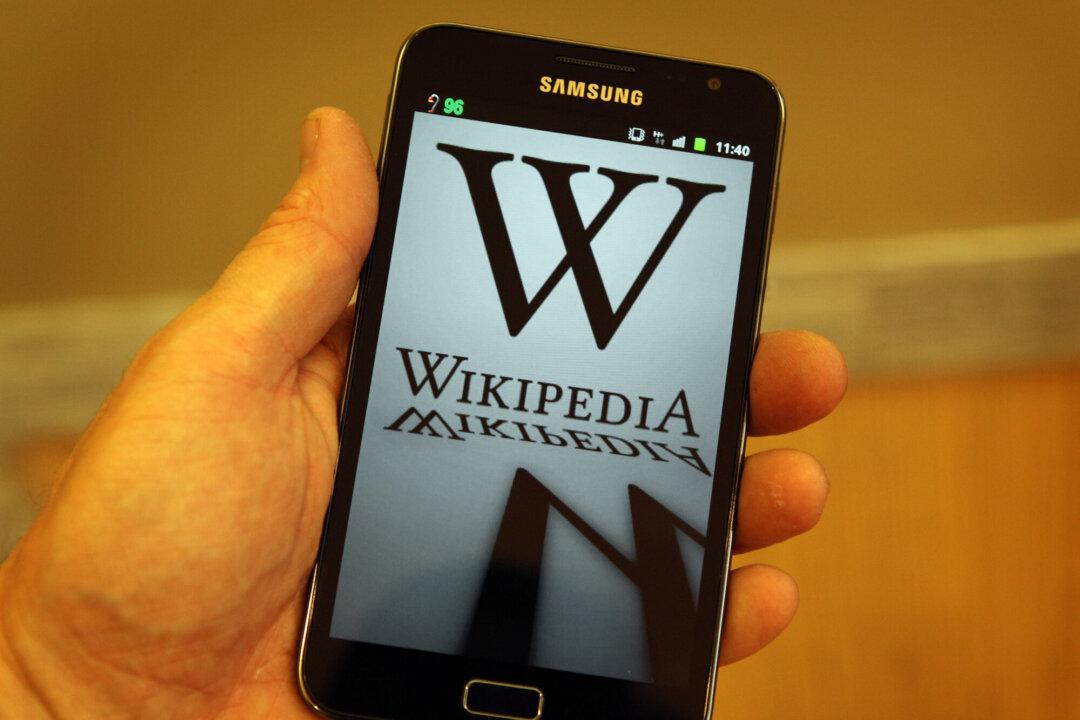Russia’s media regulator on Tuesday threatened to fine Wikipedia nearly $50,000 if the online encyclopedia doesn’t delete “material with inaccurate information” about its attack on Ukraine.
Roskomnadzor, the communications regulator, has accused Wikipedia of hosting “false information” on what Russia calls its “special operation” in Ukraine and on the actions of Russia’s military too.





